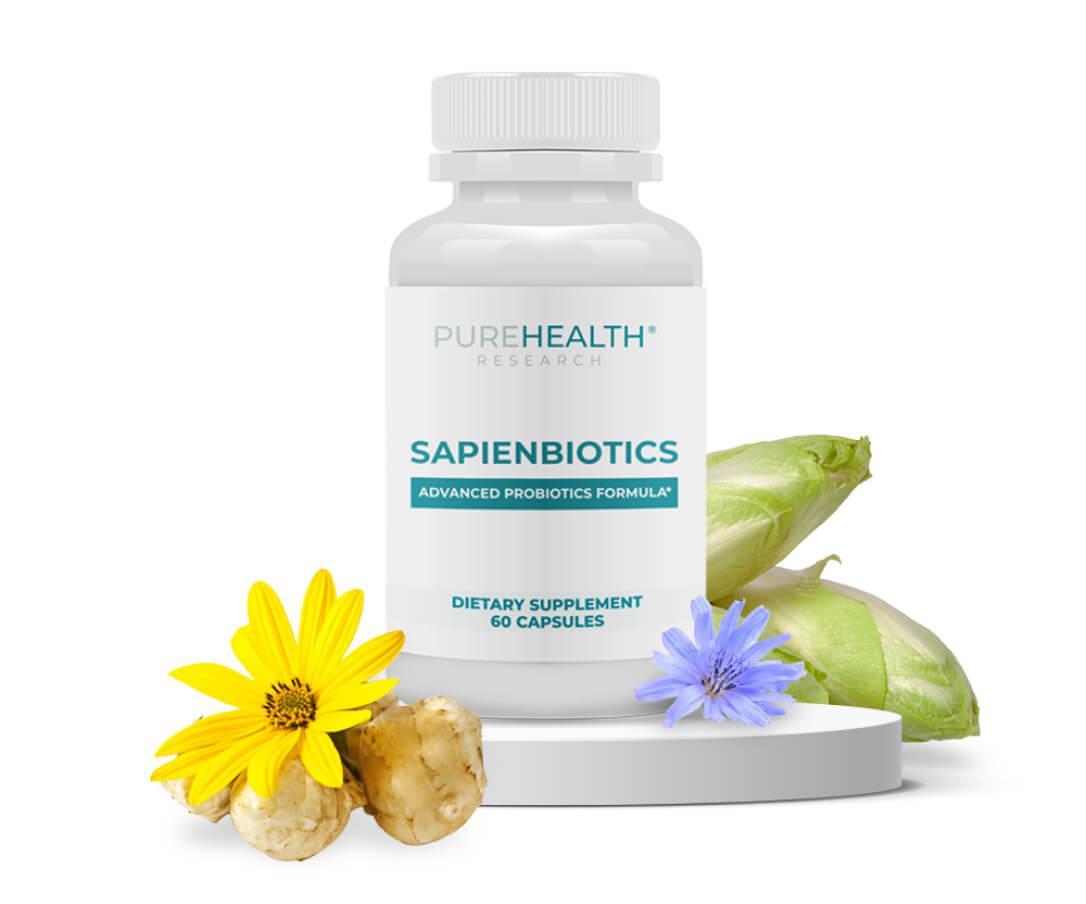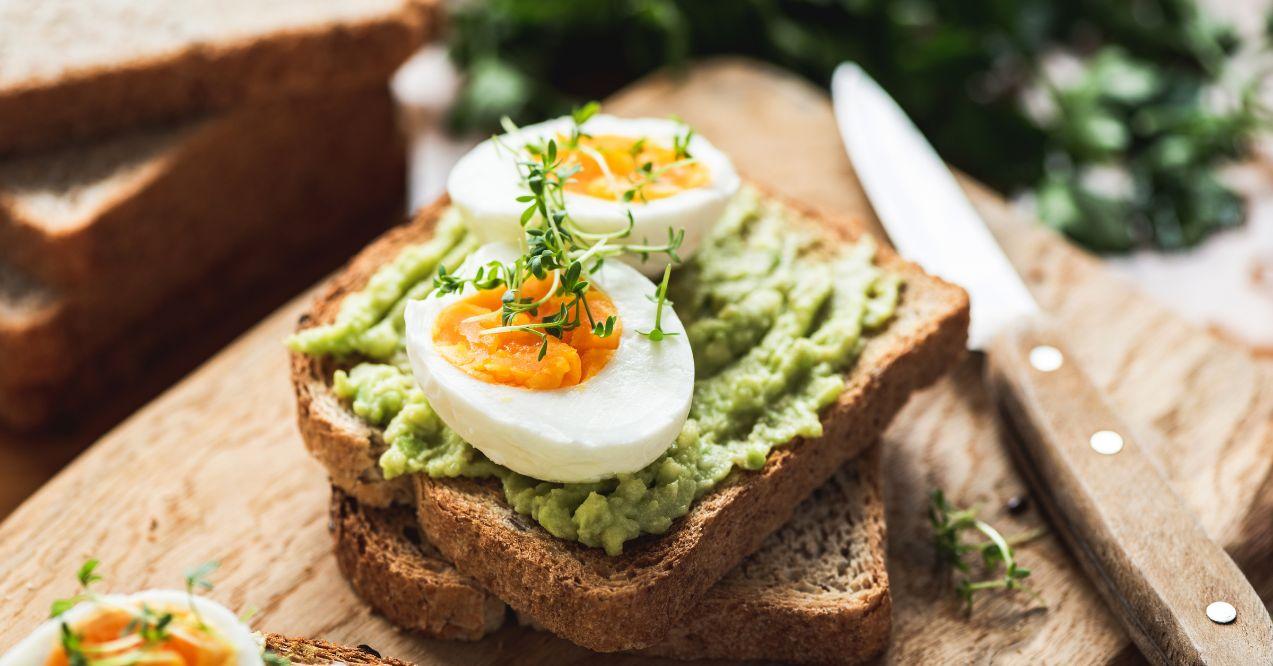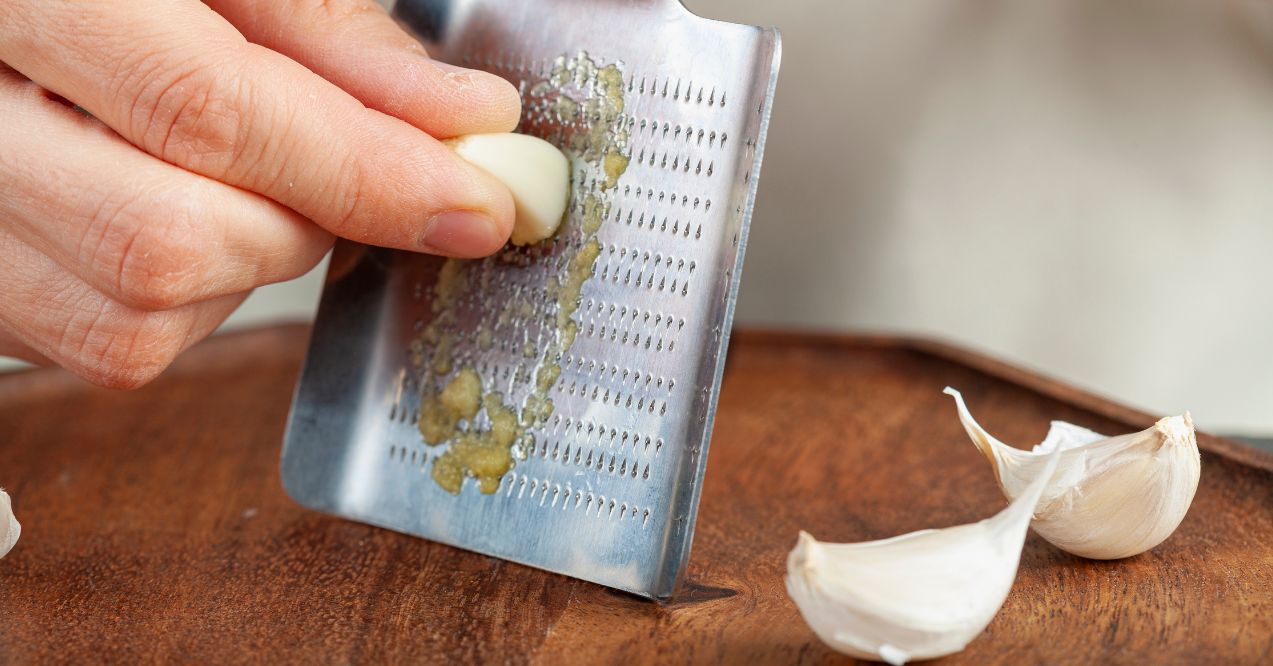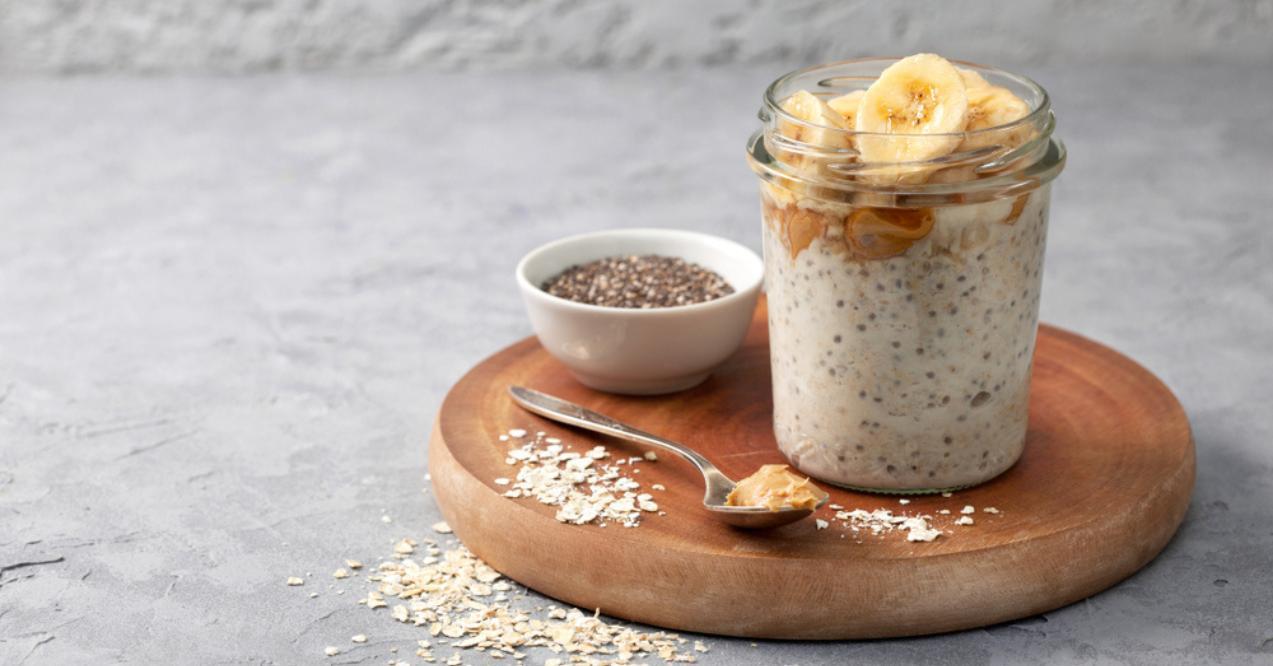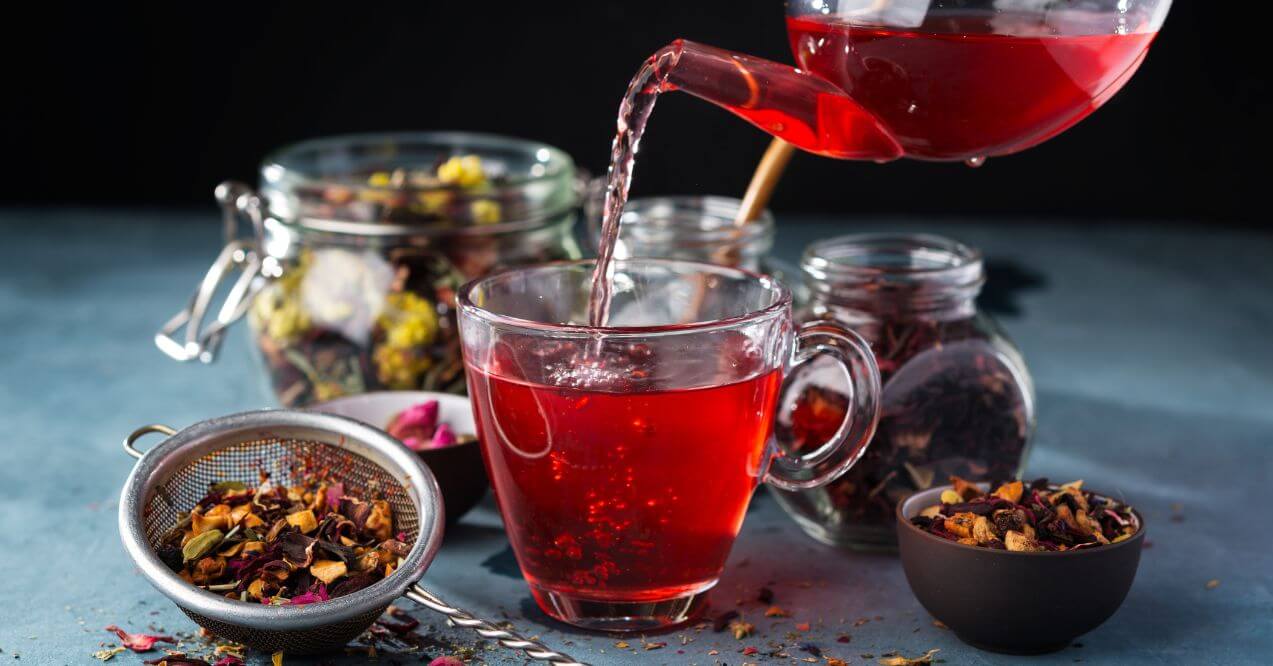Probiotics for Detox: Myth or Medical Miracle?
Explore the truth about probiotics for detox: their role in gut health, detoxification, and beyond in our latest blog post.
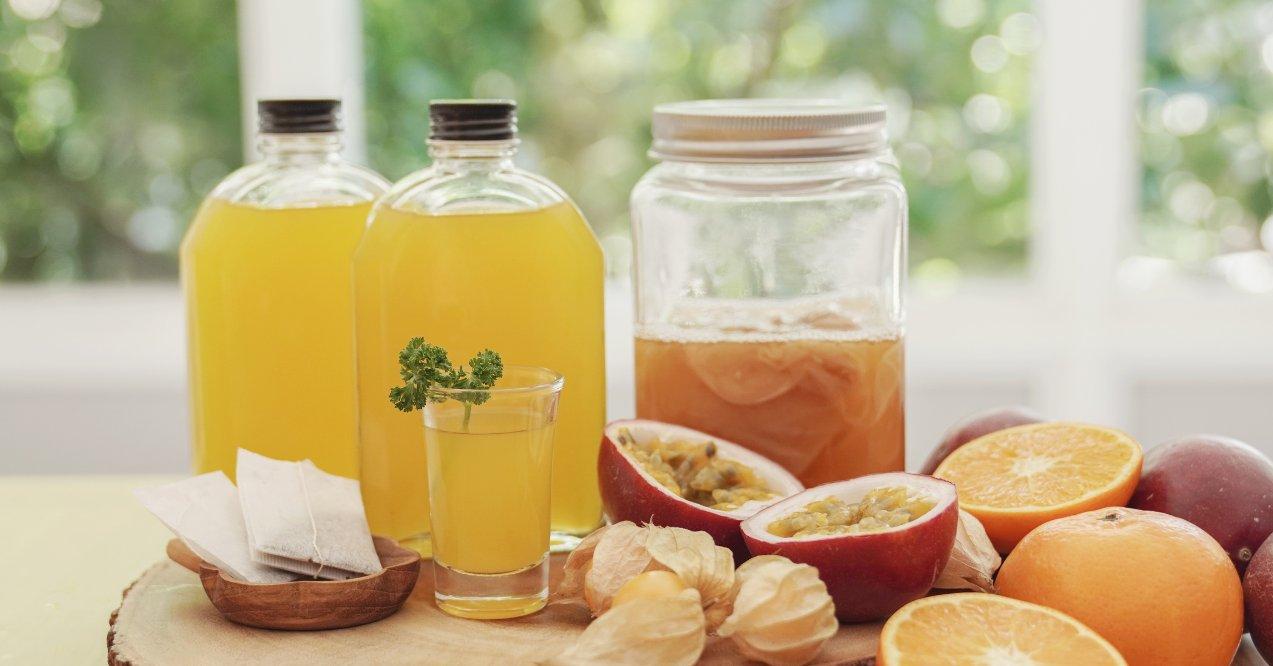

The intersection of probiotics and detoxification, often referred to as probiotics for detox, has become a hot topic in the health and wellness community. This intriguing concept bridges the gap between gut health and the body’s natural detoxification processes, posing a significant question: Is it merely a trendy notion, or does it represent a substantial medical breakthrough?
In this blog post, we’ll delve into the complex relationship between probiotics and the detox process. Recognized for their positive impact on digestion and immune function, probiotics are now under scrutiny for their potential role in supporting detox pathways. We will navigate through scientific research, expert opinions, and real-life testimonies to dissect the reality behind probiotics for detox.
Are they just another health fad, or do they hold the key to effective detoxification? Join us as we unravel the truth, determining whether probiotics are a fleeting wellness trend or a transformative element in the realm of detoxification.
What Are Probiotics?
The burgeoning interest in probiotics, resonating across healthcare and environmental sectors, underscores their dual significance in contemporary science. Probiotics, primarily recognized for their pivotal role in human health, are live microorganisms that, when administered in adequate amounts, confer a health benefit on the host.
Commonly associated with digestive health, these beneficial bacteria and yeasts have been found to improve gut flora balance, enhance immune response, and may even play a role in mental health. Among the various types, soil-based probiotics are gaining attention for their resilience and ability to survive harsh digestive conditions, making them particularly effective for supporting microbiome diversity. Their importance extends beyond human health, venturing into environmental remediation. Probiotics have shown potential in bioremediation processes, where they help in detoxifying and restoring polluted environments.
This dual utility positions them as a crucial tool in our ongoing quest for sustainable living and holistic health. In the healthcare realm, the emphasis on probiotics has led to a surge in research exploring their therapeutic potentials, from preventing antibiotic-associated diarrhea to possibly alleviating symptoms of certain allergic conditions.
Simultaneously, in the environmental context, probiotics are being evaluated for their ability to break down organic pollutants, offering a more natural and less invasive method of cleaning up contaminated sites. This intersection of health and the environment underscores the versatile and indispensable nature of probiotics in today’s world, marking them as more than just dietary supplements but as vital agents of health and environmental well-being.
Human Implications for Probiotic Therapies
The exploration of probiotics in the realm of human health has opened new avenues for therapeutic interventions, particularly emphasizing their influence on gut health and immune function. Probiotic therapies, leveraging the power of beneficial bacteria, play a critical role in maintaining a balanced gut microbiome, which is essential for optimal digestive health. The implications of these therapies extend to several areas:
- Gut Health – Probiotics contribute to the balance of the gut flora, which is crucial for digestion and nutrient absorption. They help combat harmful bacteria, reducing the risk of gastrointestinal disruptions and disorders. For individuals suffering from conditions like Irritable Bowel Syndrome (IBS), probiotics might alleviate symptoms like bloating, cramps, and irregular bowel movements.
- Immune Function – A significant portion of the body’s immune system resides in the gut. Probiotics strengthen the gut lining, which helps keep pathogens from igniting immune responses. This reinforcement of the immune barrier is a key factor in preventing and alleviating various illnesses.
Moreover, probiotic therapies have shown promise in ameliorating and preventing specific conditions:
- Diarrhea, particularly antibiotic-associated diarrhea, has been effectively managed with probiotics. They help restore the gut flora disrupted by antibiotics, reducing the duration and intensity of diarrhea episodes.
- For IBS, a condition with no definitive cure, probiotics offer symptomatic relief. They help regulate bowel movements and reduce pro-inflammatory markers in the gut.
- Clinical evidence has well-established that flora health profoundly influences mood disorders. Research has demonstrated the gut-brain axis, a bidirectional communication network linking the gut and the brain, implies that a healthy gut microbiome positively influences mood and cognitive functions. Conversely, imbalanced gut flora, such as IBS and other dysfunctional digestive conditions, can lead to mood disorders and cognitive impairment.
The burgeoning field of probiotic therapy, therefore, not only underscores the intricate relationship between our gut and overall health but also heralds a new era in medical science where prevention and therapies for diseases could be significantly influenced by these microscopic allies. As research evolves, the scope of probiotics in human health is likely to expand, offering promising avenues for holistic wellness.
Bioremediation of Heavy Metal Toxicity
Bioremediation, a process that employs living organisms to remove or neutralize pollutants from a contaminated site, has emerged as a promising environmental restoration technique. In the context of heavy metal toxicity, one of the most pressing environmental concerns, bioremediation offers a sustainable and effective solution.
The innovative use of probiotics in this process has garnered attention for their ability to bind to and neutralize heavy metals, thereby mitigating the harmful effects of these pollutants. Here’s how probiotics contribute to bioremediation of heavy metal toxicity:
- Binding to Heavy Metals – Certain strains of probiotics possess the natural ability to bind to heavy metals like lead, mercury, and cadmium. This unique feature allows them to immobilize these toxic substances, inhibiting them from leaching into water bodies or being absorbed by plants and animals.
- Neutralization and Removal – Once bound, probiotics may facilitate the conversion of these heavy metals into less toxic forms. Some species are capable of altering the chemical structure of heavy metals, reducing their toxicity and making them easier to remove from the environment.
- Restoration of Natural Balance – By detoxifying contaminated sites, probiotics help in restoring the natural balance of ecosystems. This is particularly important in areas where heavy metal contamination has disrupted local flora and fauna.
The application of probiotics in bioremediation is a testament to their versatility and reinforces the need for further research in this field. Their ability to tackle heavy metal toxicity not only aids in environmental clean-up efforts but also represents a shift towards more eco-friendly remediation strategies.
As we continue to confront the challenges posed by industrial pollution, the role of probiotics in bioremediation exemplifies the innovative approaches being developed to safeguard our environment and public health. This emerging field holds great promise for the future of environmental management, offering a beacon of hope in our ongoing battle against pollution.
Incorporating Probiotics into Your Routine
Incorporating probiotics into your daily routine has become an essential aspect of a holistic wellness approach, especially when considering their role in detoxification. The key to harnessing the full potential of probiotics, particularly when searching for the best probiotic for detox, lies in understanding and selecting the right strain for your specific health needs. This selection process is crucial because not all probiotics are created equal, and different strains offer varying benefits:
- Lactobacillus and Bifidobacterium – These are among the most common strains, known for their benefits in digestive health and are often considered the best probiotics for detox. They help restore the natural balance of gut flora, which is crucial for effective detoxification.
- Saccharomyces Boulardii – This yeast strain is particularly beneficial for combating antibiotic-associated diarrhea and other forms of gastrointestinal distress.
- Strain-Specific Benefits – Some strains are tailored for specific health conditions. For instance, certain Lactobacillus strains are known for their ability to alleviate symptoms of Irritable Bowel Syndrome (IBS).
When exploring probiotic options, it’s helpful to understand the difference between yeast vs spore-based probiotics. Yeast-based probiotics like Saccharomyces boulardii can support gut balance, especially during antibiotic use, while spore-based probiotics are highly resilient and better equipped to survive harsh stomach acid. Both offer unique benefits, and selecting the right type depends on your specific health goals.
Understanding the role of probiotics in detoxification, especially when considering probiotics for detox, involves recognizing that the right probiotic can enhance the body’s natural detoxification processes. This is achieved by supporting liver function, aiding in the elimination of toxins, and promoting a healthy gut environment.
When selecting a probiotic supplement, it’s important to look for strains that have been clinically studied and are backed by scientific research. Additionally, considering factors such as CFU count (colony-forming units) and the inclusion of prebiotics can also be beneficial.
Sapienbiotics, a probiotic supplement developed by PureHealth Research, meticulously blends ten different strains of prebiotics and probiotics, each of which help support heavy metal detoxification, gut health, immunity, and overall well-being.
The formula is designed to be highly resistant to stomach acid and bile, which means that it is more likely to survive and reach the intestines, where it can effectively support the growth of healthy bacteria and promote a balanced gut microbiome.
Probiotics for Detox
Probiotics have garnered significant attention in the realm of detoxification, particularly for their role in aiding liver function and eliminating toxins from the body. The liver, a central detox organ, benefits immensely from a balanced gut microbiome, which probiotics help maintain. These beneficial bacteria contribute to the detox process in several ways.
Firstly, probiotics assist the liver in its detoxifying efforts by reducing the intestinal absorption of harmful substances, thereby lessening the toxin load that the liver has to process. This is particularly crucial in mitigating the impact of environmental toxins and dietary pollutants.
Secondly, certain probiotic strains may produce compounds that positively influence liver function, enhancing its ability to filter and eliminate toxins.
Additionally, probiotics play a pivotal role in supporting the gut-liver axis, a critical pathway through which the gut microbiota communicates with the liver. This interaction is essential for maintaining liver health and ensuring efficient detoxification.
By promoting a healthy balance of gut flora, probiotics indirectly bolster the liver’s capacity to detoxify the body, contributing to overall health and well-being. As research in this field continues to evolve, the understanding of how probiotics may optimize liver function and aid in the detoxification process is becoming increasingly clear, highlighting their potential as a valuable tool in detox regimens.
Benefits of Probiotics
1. Better Absorption of Nutrients
The cleanse supplements often include probiotics for detox, renowned for their ability to enhance nutrient absorption. These beneficial bacteria optimize the gut environment, ensuring that the body efficiently assimilates essential nutrients from food. This improved absorption is vital for overall health, as it maximizes the benefits derived from every meal. Probiotics aid in breaking down complex food components, like certain carbohydrates and fibers, making these nutrients more readily available to the body. This process not only supports digestive health but also contributes to increased energy, stronger immune function, and overall well-being.
Key examples include Lactobacillus and Bifidobacterium strains. These probiotics help create an optimal gut environment, ensuring the body’s efficient assimilation of essential nutrients from food.
Lactobacillus, for instance, is known for its ability to break down lactose and other complex carbohydrates, improving their digestibility.
Bifidobacterium, on the other hand, aids in the breakdown and absorption of fibers and other key nutrients. This enhanced nutrient absorption is fundamental for overall health, contributing to improved energy levels, robust immune function, and better overall well-being.
2. Better Detoxification Everyday
Detox for bloated stomach is a common concern, and probiotics play a significant role in alleviating this issue through better detoxification. These beneficial bacteria help in regulating the digestive system, reducing the occurrence of bloating and gas.
By enhancing gut health, probiotics aid in the efficient elimination of waste and toxins from the body, which often contribute to bloating. Regular intake of probiotics ensures a balanced gut flora, which is essential for a smooth detox process, thus leading to a less bloated, more comfortable stomach. This daily detoxification is crucial for maintaining digestive wellness and overall comfort.
3. Stopping Bacteria
Probiotics, often hailed as a cornerstone of gut health, play a pivotal role in stopping harmful bacteria from overwhelming our digestive systems. These beneficial microorganisms compete with pathogenic bacteria for both nutrients and attachment sites on the intestinal walls.
By doing so, they create an unfriendly environment for harmful bacteria, inhibiting their growth and activity. Best probiotics for detox like Lactobacillus and Bifidobacterium, produce substances such as lactic acid and bacteriocins, which have natural antibacterial properties. These substances lower the gut’s pH, making it less hospitable for pathogenic bacteria.
Additionally, probiotics stimulate the immune system, enhancing the body’s natural defense mechanisms against harmful microbes. This barrier function of probiotics is essential not only for preventing gastrointestinal infections but also for maintaining a balanced intestinal microbiota, crucial for overall health and well-being.
Their role in thwarting harmful bacteria underscores the importance of incorporating probiotics into a daily health regimen.
Key Takeaways
Probiotics, increasingly popular in health and wellness, are crucial for both gut health and detoxification. They offer numerous benefits:
- Probiotics maintain a balanced gut microbiome, essential for digestion and nutrient absorption.
- Probiotics also strengthen the immune barrier, aiding inhibiting disease and therapeutics.
- Some probiotic strains bind and neutralize heavy metals.
- Probiotics support liver function, aiding in toxin elimination.
- Probiotics improve the breakdown and absorption of complex nutrients, optimizing overall digestion and energy levels.
- Probiotics help to regulate the digestive system, reducing bloating and promoting a smooth detox process.
- Probiotics like Lactobacillus and Bifidobacterium produce substances that inhibit harmful bacteria, supporting a healthy intestinal microbiota.
Incorporating probiotics into a daily routine, especially strains targeted for specific health needs, may significantly impact overall health and wellness.
Taking probiotics daily for detox aids in maintaining a balanced gut microbiome, enhancing toxin removal, and reducing bloating. It boosts overall digestive health and supports the body’s natural detoxification processes, leading to improved well-being and vitality.
When incorporating probiotics for detox, consider the specific strains and their benefits, the CFU count, compatibility with your health needs, and the inclusion of prebiotics for enhanced effectiveness. Also, consistency in intake and choosing high-quality, research-backed supplements are key for optimal results.
Probiotics for detox maintain a healthy gut microbiome, crucial for optimal digestion and nutrient absorption. They bolster the immune system by enhancing gut-based immunity, creating barriers against pathogens, and modulating immune responses, leading to improved overall health and resistance against infections.
Advertisement. This site offers health, wellness, fitness and nutritional information and is designed for educational purposes only. You should not rely on this information as a substitute for, nor does it replace, professional medical advice, diagnosis, or treatment. If you have any concerns or questions about your health, you should always consult with a physician or other health-care professional. Do not disregard, avoid or delay obtaining medical or health related advice from your health-care professional because of something you May have read on this site. The use of any information provided on this site is solely at your own risk.
Nothing stated or posted on this site or available through any services are intended to be, and must not be taken to be, the practice of medical or counseling care. For purposes of this agreement, the practice of medicine and counseling includes, without limitation, psychiatry, psychology, psychotherapy, or providing health care treatment, instructions, diagnosis, prognosis or advice.
Sign up for our Healthy Living newsletter!
Advertisement. This site offers health, wellness, fitness and nutritional information and is designed for educational purposes only. You should not rely on this information as a substitute for, nor does it replace, professional medical advice, diagnosis, or treatment. If you have any concerns or questions about your health, you should always consult with a physician or other health-care professional. Do not disregard, avoid or delay obtaining medical or health related advice from your health-care professional because of something you may have read on this site. The use of any information provided on this site is solely at your own risk.
